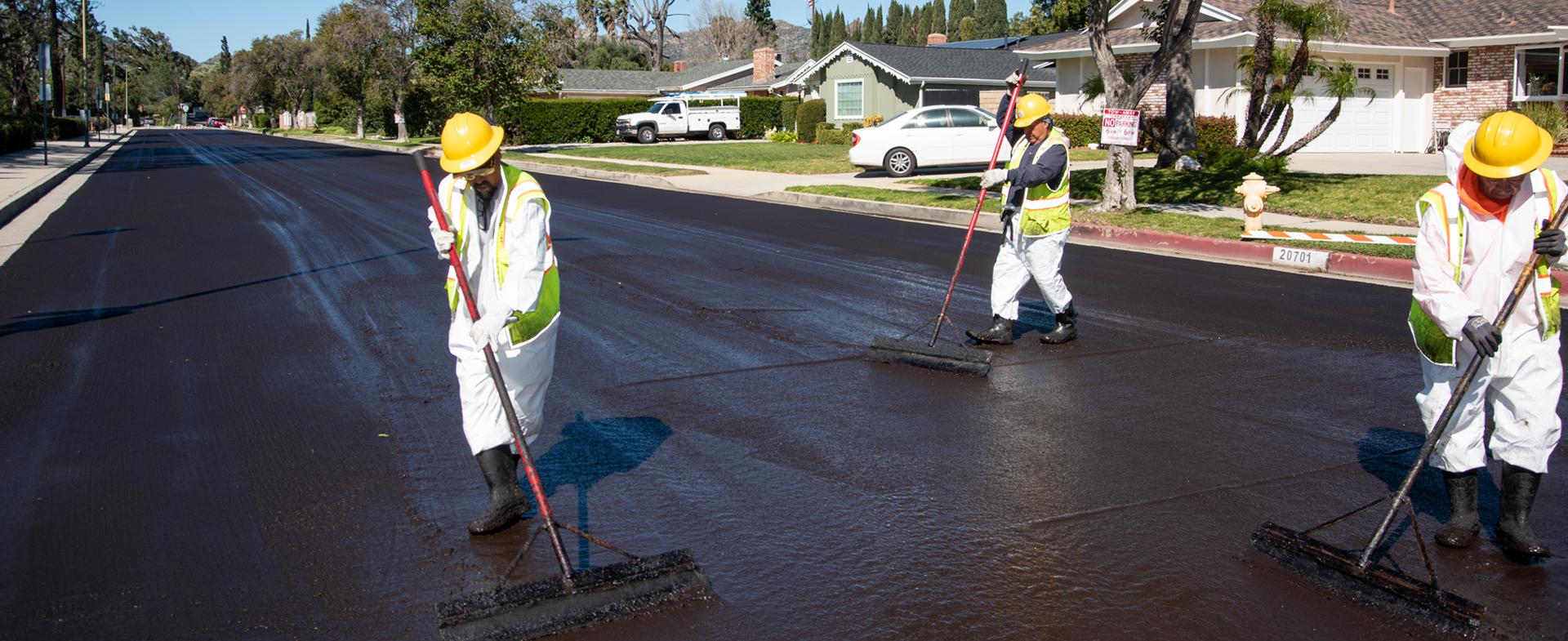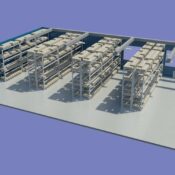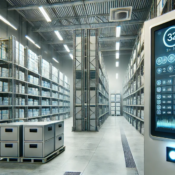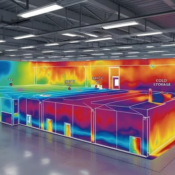Saudi Arabia’s ambitious infrastructure development is the backbone of its economic growth and modernization. Highways, bridges, and expressways connect major cities like Riyadh, Jeddah, and Dammam, facilitating trade, tourism, and daily commuting. However, the kingdom’s desert climate—with its soaring temperatures—presents a significant challenge: heat damage to asphalt and transportation infrastructure. Here, temperature mapping studies play a critical role in designing, maintaining, and protecting these vital roadways.
The Impact of Desert Heat on Asphalt
In the heart of summer, road surface temperatures in Saudi Arabia can exceed 70°C, far higher than the ambient air temperature. Asphalt, which is sensitive to heat, begins to soften, leading to rutting, cracks, and reduced structural integrity. Over time, these damages create safety hazards, increase maintenance costs, and reduce the lifespan of infrastructure projects.
A temperature mapping study helps engineers and city planners understand how heat is distributed across different road surfaces, urban layouts, and traffic zones. This data-driven approach is essential in building resilient highways that can withstand the extreme climate conditions of Riyadh, Jeddah, Dammam, and across Saudi Arabia.
Why Temperature Mapping Studies Are Essential
The principle behind temperature mapping studies is simple but powerful: by collecting accurate data on temperature variations, decision-makers can design smarter, more durable infrastructure.
For transportation networks, temperature mapping helps in:
- Identifying Heat Stress Zones: Pinpointing stretches of highways or bridges most affected by high surface temperatures.
- Optimizing Materials: Selecting asphalt mixes and reinforcement materials that are more heat-resistant.
- Improving Maintenance Planning: Scheduling resurfacing or maintenance based on actual thermal stress data rather than estimates.
- Enhancing Safety: Ensuring smoother roads that reduce risks of accidents caused by rutting and surface failures.
This science-backed approach aligns perfectly with Saudi Arabia’s push toward modernization and smart infrastructure solutions.

Eximia360’s Expertise in Saudi Arabia
At Eximia360, we specialize in conducting advanced temperature mapping studies tailored to the unique climate and infrastructure needs of Saudi Arabia. From Riyadh’s mega projects to Jeddah’s coastal highways and Dammam’s logistics corridors, our expertise ensures transportation infrastructure is built to last.
Through our services available at www.eximia360.com, we provide:
- Comprehensive thermal mapping of road networks.
- Detailed reports with actionable insights for engineers and contractors.
- Tailored solutions for government projects, construction companies, and private developers.
By integrating our studies into the design and maintenance process, Saudi cities can achieve more durable roads, reduced costs, and enhanced public safety.
Sustainable Solutions for Vision 2030
As part of Saudi Arabia’s Vision 2030, the kingdom is investing heavily in sustainable infrastructure. Roads and transportation systems must not only support rapid economic growth but also remain resilient under environmental stress.
Temperature mapping studies offered by Eximia360 directly contribute to these goals by reducing the frequency of repairs, lowering material wastage, and extending road lifespans. Less frequent maintenance means fewer disruptions for commuters and reduced carbon emissions from repair activities.
By focusing on sustainable solutions, Eximia360 helps align infrastructure development with the national vision for smarter, greener cities.
Looking Ahead: Innovation on the Roads
The future of Saudi Arabia’s infrastructure depends on combining engineering innovation with real-time data insights. With climate change driving even hotter summers, the need for accurate temperature mapping studies becomes more urgent.
At Eximia360, we believe resilient transportation systems are the foundation of national progress. Whether it’s protecting highways in Riyadh, upgrading city roads in Jeddah, or planning new logistics hubs in Dammam, our expertise ensures that Saudi Arabia’s roads remain safe, durable, and future-ready.
Conclusion
Desert heat is an unavoidable reality in Saudi Arabia, but its damaging effects on roads and infrastructure can be mitigated. Through advanced temperature mapping studies, cities can protect their investments, reduce maintenance costs, and improve public safety.
As leaders in this field, Eximia360 is proud to support projects across Saudi Arabia, Jeddah, Dammam, and Riyadh. To learn more about how our expertise can protect and optimize your infrastructure, visit www.eximia360.com. Together, we can build roads that endure the heat and drive the kingdom toward a resilient future.













